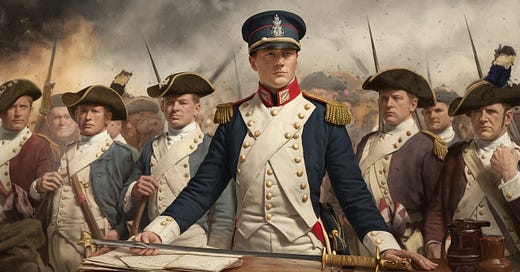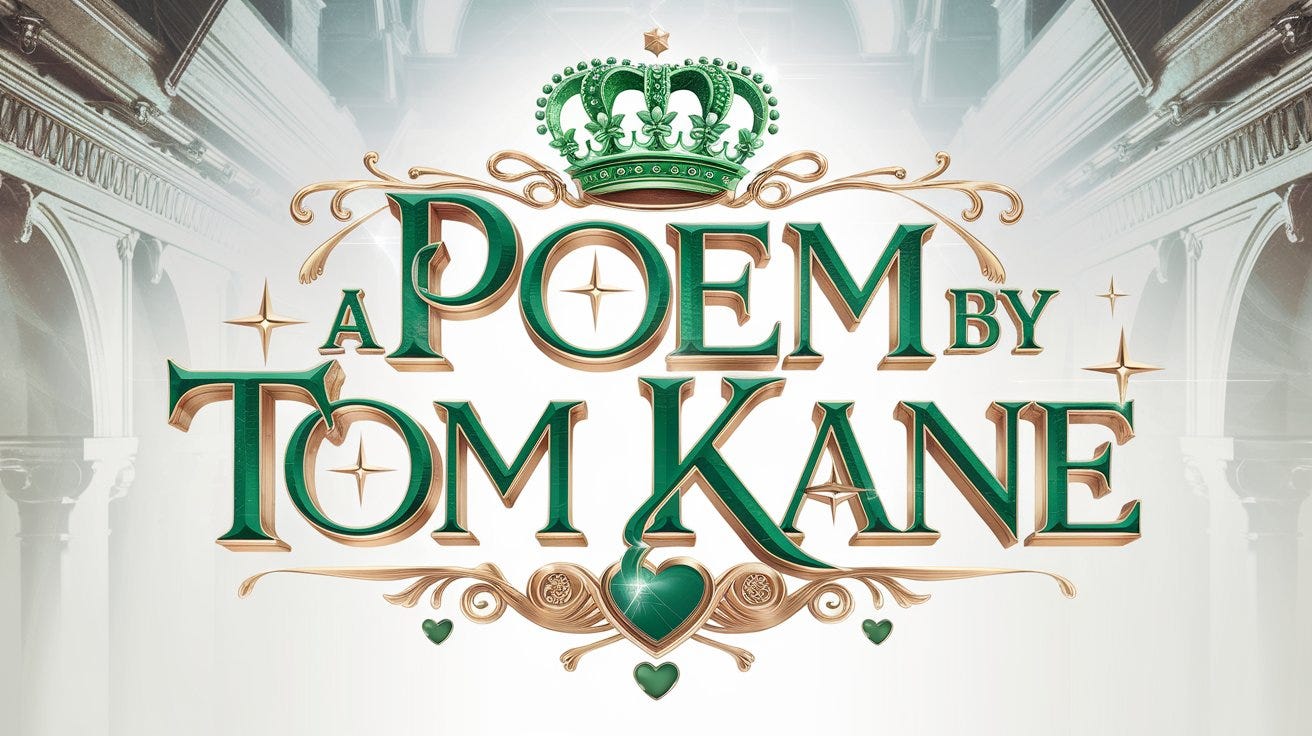(After Simon Armitage)
Dear Poetry Enthusiasts,
Over the past three weeks we have been exploring a fascinating intersection of historical perspectives through three poems I have written in the distinctive styles of contemporary masters. Each poem captured a single day in the life of a warrior, yet from three radically different vantage points of American history. Through these varied lenses, we see how personal experience meshes with massive historical movements. These were the three poems:
The Poems and Their Voices
"Daybreak to Dusk, 1863" (in the style of Natasha Trethewey)
Trethewey, a former U.S. Poet Laureate and Pulitzer Prize winner, is known for her unflinching examination of Civil War history and its implications for American racial identity. Her work often weaves personal narrative with historical detail, creating a tapestry that reveals larger truths through intimate moments.
"A Day's Circle" (in the style of Joy Harjo)
Harjo, the first Native American U.S. Poet Laureate, brings a unique perspective to historical poetry through her understanding of time as circular rather than linear. Her work often emphasizes the simultaneity of past, present, and future in Indigenous experience.
"Orders and Omens" (in the style of Simon Armitage)
Armitage, the current UK Poet Laureate, is renowned for his ability to bring historical moments into sharp contemporary focus through colloquial language and precise cultural detail. His work often examines the intersection of personal experience with larger historical forces.
In our British officer's poem, we see Armitage's characteristic ironic distance ("they still think this is a game / of soldiers") and his attention to class markers ("Hampshire's genteel dark"). The poem employs his technique of mixing high and low diction, and his talent for finding the universal in the specific – here, through the officer's thoughts of "cricket matches, / village greens, warm beer."
Orders and Omens
Dawn, June 1776 Somewhere in Massachusetts
The orderly who brought tea knocked twice: bad luck, that.
Mother would have noticed.
She who taught me portents,
read grounds in cups at breakfast,
back in Hampshire's genteel dark.
Polished brass buttons wink like false friends.
My sword (family heirloom, Spanish steel)
lies cold across the campaign desk
where I've written three letters home:
one to Father, one to Mary, one to be opened if—
Outside, the colonial night gives way to colonial day.
Same trees as Kent, almost, same birds,
same mud, but wrong, somehow.
Even the air tastes of rebellion.
My men snap to attention, all spit and polish,
good lads from Yorkshire, Devon, the Midlands—
they still think this is a game of soldiers.
I know better: saw that farmer yesterday,
ploughing with a musket strapped across his back.
In an hour, we march. The papers say "insurrection"
but that's a London word. Here, it's revolution:
you can smell it like gunpowder in morning mist,
taste it in the too-sweet tea
going cold beside my maps.
I think of cricket matches, village greens, warm beer,
all that purposefully tiny world three thousand miles away.
History has teeth, and I've felt its bite.
By sunset, we'll all be heroes or traitors.
The difference is just a matter of who writes it down.
Simon Armitage (b. 1963) - The current UK Poet Laureate, he often writes about historical events through a contemporary lens. His poem "Black Roses: The Killing of Sophie Lancaster" and his translation/adaptation of medieval works like "Sir Gawain and the Green Knight" demonstrate his historical focus.
I hope you enjoyed reading these poems as much as I enjoyed writing them.
Next week, at different theme.
Cheers







I can feel the scene through the author's descriptive words...just enough to take you back in time.